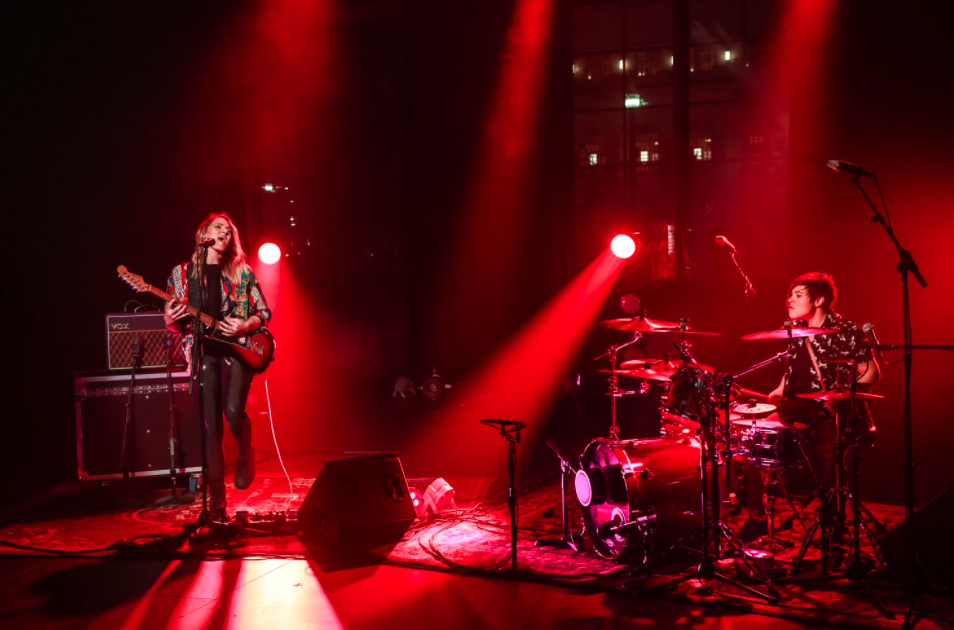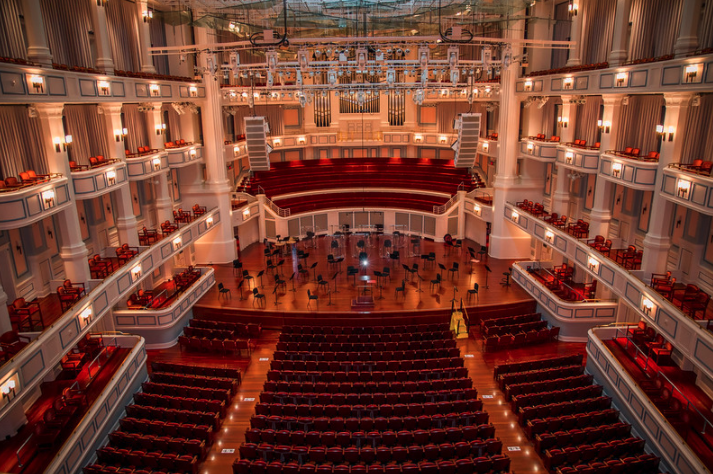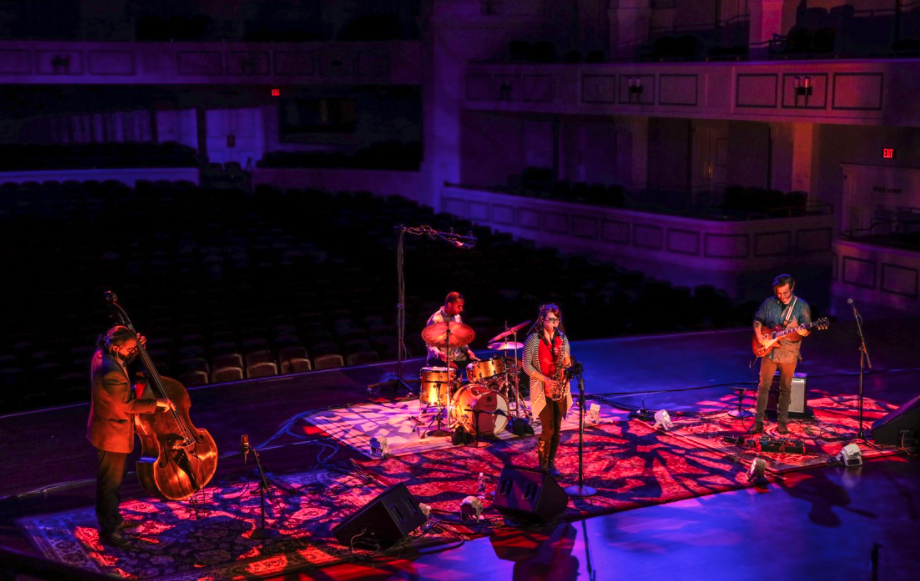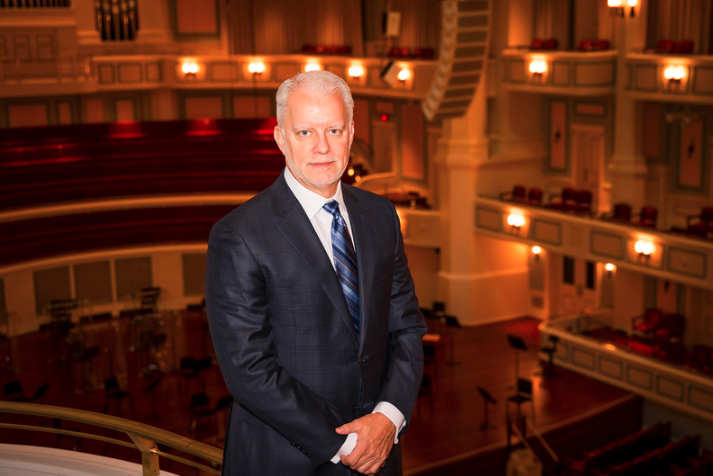The Center for the Performing Arts Continues Winter Programming Through COVID-Safe Events
Photography Provided by The Center for Performing Arts & Kelli White
For Jeffrey C. McDermott, the world flipped on its axis on March 12, the day Governor Holcomb’s first executive order came out to shut things down in Indiana due to the pandemic, affecting The Center for the Performing Arts.

“We literally had a military band loading in for a free concert,” says McDermott, President & CEO of The Center for the Performing Arts. “More than 1,600 people were coming to watch, and in the middle of the afternoon we had to tell them to start loading back into their trucks.”
Left and right, concerts, sporting events and plans of all kinds were getting canceled all over the country. To a certain degree, it felt like life had been canceled, but instead of shuttering, staff at The Center for the Performing Arts began brainstorming ingenious ways to fulfill their mission to engage and inspire the Central Indiana community through enriching arts experiences.
“We felt it was important to keep the engine running even if we had to put it into low gear for awhile,” McDermott says. They dubbed themselves the “Hatch Committee” because they were constantly hatching new ideas. “That’s how creative, artistic people are wired. They think, ‘This is a problem to solve, not bemoan.’”
When it became clear that it wasn’t going to be safe to gather crowds for live performances for a good stretch of time, the Center decided to invest in high-end cameras and technology so that they could do live streaming and live recording in order to be able to feature local and regional artists.
“We decided that as part of our mission it was important to continue to offer these things and be relevant,” McDermott adds.

Another reason they made the investment in technology is because the Center for the Performing Arts is home to the affiliated Great American Songbook Foundation. Each year, high school students from across the country audition to be selected to participate in the weeklong Songbook Academy. Typically, mentors such as Melissa Manchester and Michael Feinstein share their talents. The week culminates with the 40 students performing to a sold-out crowd of 3,500. This year the entire academy had to be done virtually.
“Frankly, it was a herculean effort on the part of our staff and the Songbook Foundation to convert to virtual, but the degree of creativity and ingenuity really paid off as the kids had a wonderful experience,” McDermott says.
Though the students missed out on the in-person experience, the upside was that instead of an audience of 3,500 watching live, more than 100,000 people watched the students perform online. That experience taught McDermott a lesson moving forward. When the pandemic is over, he expects that live streaming will continue because, while nothing will ever replace experiencing music and art live in person, they have been able to reach a huge audience virtually.
“We will always have some component of virtual or live streaming available because we are reaching way too many people not to do so in some fashion,” he says.
Plus, post-pandemic, there will likely be those who are reluctant to go back to the theatre initially, not to mention those who are physically challenged or don’t have the ability to travel.

“This way they can still enjoy the show as we bring it to them rather than them coming to us,” McDermott says.
The Center, which provides space and support services for six resident companies (Actors Theatre of Indiana, Carmel Symphony Orchestra, Central Indiana Dance Ensemble, Civic Theatre, Gregory Hancock Dance Theatre and Indiana Wind Symphony), has launched a number of innovative programs since the pandemic hit. These include live online Q&A sessions with performing arts professionals, interactive online workshop presentations, informal discussions and table readings and virtual field trips to explore the arts. Many of the events and presentations are offered free of charge.
Though the communal experience of watching the arts in person with other people cannot be matched, the Center has proven that it’s still possible to deliver the arts in a variety of ways during a pandemic.
“It’s been gratifying and humbling, the way the community has rallied around us,” McDermott says. That support started immediately last spring when the Center had to contact those who had already purchased tickets to events to let them know they were canceled.
“Rather than asking for a refund, we had thousands of dollars of tickets donated because folks realized that there are literally thousands of worthy nonprofit organizations, many of whom are dealing with health care and hunger and things like that, so the fear is that the arts might slip down the list of priorities.”
McDermott shares the quote that’s been attributed to Winston Churchill when, during the war, the defense minister suggested cutting funding for the arts in favor of the war efforts and Churchill responded, “Then what the hell are we fighting for?”
“Those who care about the arts have stepped up for us in meaningful ways,” McDermott says. “That’s really appreciated.”
The Center for the Performing Arts is located at 1 Carter Green, Carmel. To make a donation to the Center or to learn more, call 317-843-3800 or visit thecenterpresents.org. To view the lineup for upcoming events, visit thecenterpresents.org/tickets-events.






